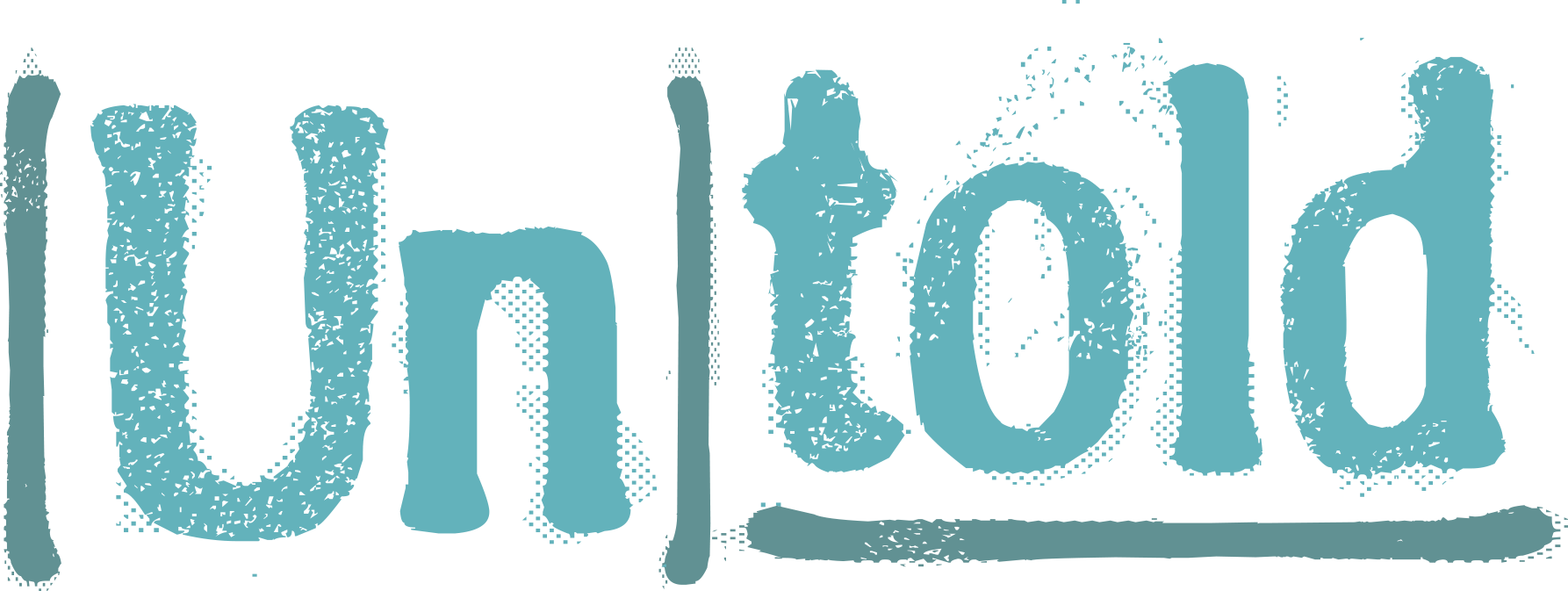成为思想领袖的关键是cultivate an attitude and habit of sharing what you know.
Dear reader and fellow knowledge-seeker inspired by the idea of becoming a thought leader,
I have a creative mission for you, if you choose to accept it.
- 返回普通,退出此博客。
- To recognize what you know as valuable and learn to share it, proceed with reading.
I want you to think about something you’re really good at–your “special expertise” if you will. It could be a talent that others saw in you since you were really little, or a skill you honed over a long period of time, or a subject matter you spent years studying. Imagine if I asked you to teach your special expertise to a broad audience of non-experts–people who had a hunger to learn what you know. It might be a pretty big challenge. Where would you start? What resources would you need? How would you share your knowledge in a way that someone totally unfamiliar with your special expertise would not only understand, but feel inspired to learn–and even better,care- 你知道什么?
 Now, we recognize that soul-searching about your special expertise and dreaming about becoming a thought leader, let alone sharing it, is no light task and, in fact, not for the faint of heart. That’s where our expertise comes in: at Untold, we use robust research and creative storytelling to translate the complex into the recognizable. Our work builds upon our belief that the most powerful means we have as humans to empower and enlighten is words. Words shape the actions we take and the solutions we create. As Paulo Coehlo says: “Writing means sharing. It’s part of the human condition. To want to share things–thoughts, ideas, opinions.” We think this is a critical time for experts working within thought-generating organizations to invest in storytelling and for audiences to be supported in receiving it. This is how we can make powerful movement together toward an informed and mindful future. This is how thought leaders are born.
Now, we recognize that soul-searching about your special expertise and dreaming about becoming a thought leader, let alone sharing it, is no light task and, in fact, not for the faint of heart. That’s where our expertise comes in: at Untold, we use robust research and creative storytelling to translate the complex into the recognizable. Our work builds upon our belief that the most powerful means we have as humans to empower and enlighten is words. Words shape the actions we take and the solutions we create. As Paulo Coehlo says: “Writing means sharing. It’s part of the human condition. To want to share things–thoughts, ideas, opinions.” We think this is a critical time for experts working within thought-generating organizations to invest in storytelling and for audiences to be supported in receiving it. This is how we can make powerful movement together toward an informed and mindful future. This is how thought leaders are born.
那么,你如何通过分享你所知道的东西来成为一个思想领袖?
我们的大多数客户以及与我们社区的一部分的思想领袖 - 在技术和科学学科中具有高级程度,并花了几年的研究和建造他们的工艺。然而,我们经常从客户那里得到的问题是,“我怎样才能在没有无聊的观众,让我的听众困惑,或者愚蠢我的见解?”诀窍是将同情和深入建立学习体验,我们创造性地工作到1)解释并翻译我们注意的知识和2)欢迎其重要性的故事。在这里,我们将提供两个窗口,以帮助思想领导人通过将复杂信息转化为帮助广泛受众访问的洞察力来分享他们所知的,记住并被移动以关心共享的知识。
w i n d o w 1 : Veterans Health Administration Case Study
We recently wrote a book in collaboration with systems engineers at the U.S. Department of Veterans Affairs calledVA’s Lean Healthcare Transformation: Innovating the Veteran Patient Experience。本书介绍了系统工程如何应用于医疗保健设置,以减少等待时间,并改善退伍军人的护理。我们吸引了VA系统工程师提供的观察,访谈,谈话,头脑风暴会话,演示和笔记,以将创新转化为主要利益相关者和公众。但instead of just explaining engineering know-how, we interviewed and collected stories from over 100 people–from CEOs to care team members washing linens on the ground floor of VA Medical Centers–to show the human impacts of engineering and how it’s helping Veterans get the care they so greatly deserve. The technical writing in our book does the work of explaining systems engineering methods of thought leaders without dumbing them down. Organizational stories about the implementation of Lean process improvements bring that technical information to life through personal accounts and interviews with staff who were responsible for sparking organizational change. (For more detailed guidance about how to effectively communicate story and implement its collection and creation for the betterment of your organization, check out our blog,组织变革:用于组织变革的讲故事指南。)
w i n d o w 2: #DuffleShuffle Case Study
A second and drastically different example of activating understanding and catalyzing action by sharing research-based insights is a recent viral social media campaign we created called the#duffleshuffle.。我们的目标与#duffleshuffle是为了让社区意识推动社区意识,因为他们在从一个家到下一个家庭过渡时,培养的孩子们经常将所有物品推到垃圾袋中。正如我们为广告系列写了社交媒体,网站内容和视频脚本,我们基于哈佛医学院的研究,表明舞蹈和运动激活了我们的情商。我们灵感的企业,体育队和家庭与捐赠的铲斗袋跳舞,作为他们同理心和关怀的公众表达。因此,超过63,000人被启发到问题,1,900人跳舞并捐赠了一袋铲斗。(Read more about the #DuffleShuffle and its impacts across Ohio and Kentucky。)
Ultimately, it is through human-based, research-backed stories and the presence required for their interpretation that we increase understanding and activate people to care. Our strategies uphold and encourage storytelling cultures by promoting acts of translation in education, whether of organizational or individual insights. No matter whether you hold a PhD or cultivated a lifelong expertise in craft or art, sharing what you know is one way to ensure that your growth and education are maximized and spread into the future—for good. Committing to a mentoring mindset is key to becoming a thought leader. Far too often, people forget the “leadership” part of being a thought leader. You must commit to a habit of sharing and leading the way in your area of expertise. Many elders espouse the wisdom that, “No one can take your education away from you.” Indeed. It is your responsibility to cherish your life’s lessons by continually cultivating a habit of sharing it with others.

